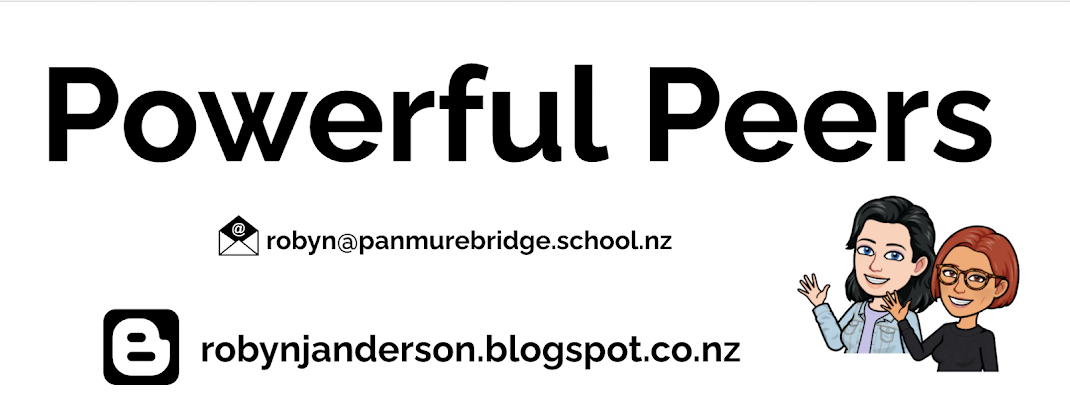Having spent the last three weeks preparing for camp, going on camp and celebrating camp I knew I had been given a 'fresh' and informed start when thinking about my reading program. I started as I mean to go on by actively planning opportunities for talk to take place.
We began by unpacking the word perspective by exploring provocations that I knew needed a point of view to be chosen about issues linked to our current cluster wide Te Taiao o Tamaki Inquiry. This allowed my learners a chance to state their opinion and use the texts in front of them to justify their thinking. Once we had two opposing sides I physically moved my students to different sides of the table then gave them time to share their thinking with those who held a similar opinion. No one was being asked to take a personal risk that might leave them feeling vulnerable. The 'team' approach meant their was confidence in numbers and the discussion flowed as each team endeavoured to persuade the other. I knew that by seeing what a guided dialogic discussion looked like I would be able to set a task that capitalised on this learning experience.
We used a task shared by Aaron Wilson from Wolf Fisher to help us identify the three most vital ideas in a text. To get to this point my learners began by individually identifying ideas they saw as important. These were recorded on post-it notes and placed in the 'Important Ideas' column on the table we were using. The next step was to discuss each point as a group and use their negotiating skills to decide which points they would move to the 'Important Ideas' column or the 'Vital Ideas' column using the evidence in the text and their own connections to the content to support their reasoning. Apart from moving between the groups and prompting through provocation the only scaffold I provided was the word 'because'.
To complete the task we shared our informed perspectives as a class. I then asked my students find a critical friend and tell them about one opinion they agreed or disagreed with when they were negotiating. Finally I asked my learners to think about their own contributions and each critical friend was asked to co-construct a next step goal that would help their buddy take a step forward along our dialogic learning pathway.

















